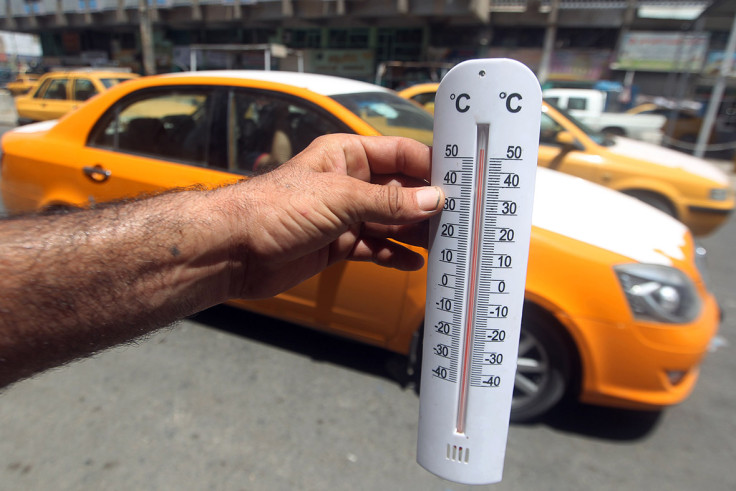Climate experts agree 2015 was hottest year on record and 2016 may break more records

Global temperatures in 2015 were officially the hottest ever recorded, the National Oceanic and Atmospheric Administration, Nasa and Met Office have said. In addition, temperatures last year for the first time rose 1C above pre-industrial levels, with experts warning that 2016 could be even hotter.
An unusually sharp increase broke the previous hottest-year record, for 2014, and climate experts say this upward trend is being driven by greenhouse-gas emissions. Analysis showed the average global temperature in 2015 was 0.13C hotter than 2014 and 1C above the level seen in the late 1800s. Climate scientists generally agree that a 2C rise above pre-industrial levels would lead to catastrophic and irreversible climate change.
Experts say the increase in temperatures in 2015 were due in part to El Nino, a natural weather cycle that warms the ocean surface every two to seven years. This phenomenon, which is expected to last through to spring 2016, would not have led to such temperature increases if there were not a long-term trend of warming already in place.
Professor Phil Jones of the University of East Anglia's Climatic Research Unit said: "While there is a strong El Niño-elevated global temperature this year, it is clear that human influence is driving our climate into uncharted territory."

The vast majority of global warming has taken place during the last 35 years. Fifteen of the 16 warmest years on record have taken place since 2001. Jason Smerdon, a climate scientist at Columbia University's Lamont-Doherty Earth Observatory, said of the new record, "It's alarming, but it's not at all surprising. The trend has been predicted for decades, and all the consequences associated with it have been predicted as well. If you know about gravity, it's not that hard to predict what will happen if a cup falls out of your hand."
Last year's record-temperatures came with a series of extreme weather events, including heatwaves in India and Pakistan, drought in California, record flooding in Texas, crop failures in Africa and wildfires in Indonesia. Many scientists have said such events would become more common as the planet gets warmer.
Agencies across the world are predicting this year will be just as hot, or hotter. Charles Bolden, a Nasa administrator, said: "Climate change is the challenge of our generation, and Nasa's vital work on this important issue affects every person on Earth. Today's announcement not only underscores how critical Nasa's Earth observation program is, it is a key data point that should make policy-makers stand up and take notice – now is the time to act on climate."
© Copyright IBTimes 2025. All rights reserved.






















